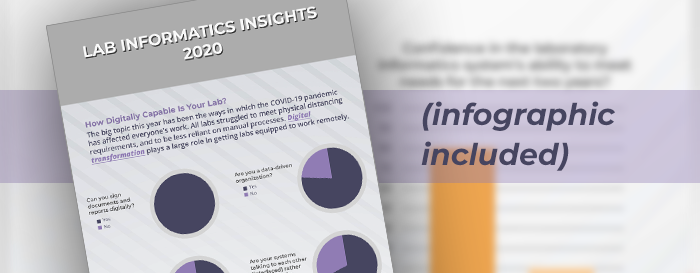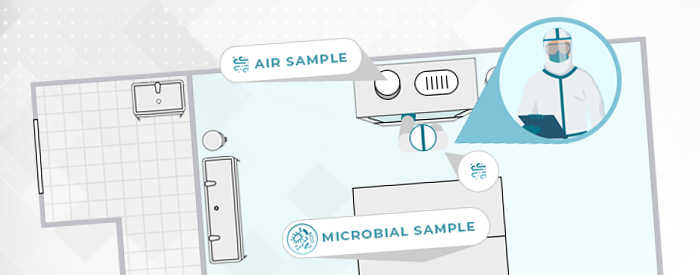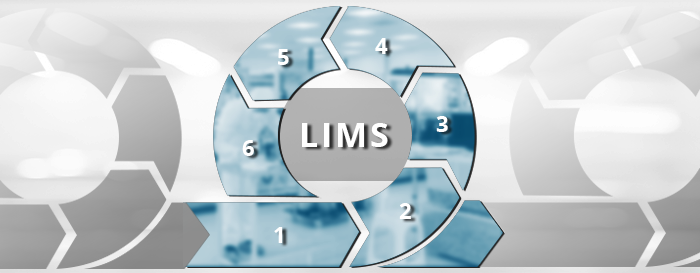It’s typical for a service provider to stay up-to-date with industry happenings and to continually learn about their potential clients’ ever-changing needs. There are programs and measures in place to calculate and monitor these needs. At CSols, we developed a set of polls and quizzes to identify industry trends and collect feedback from those with… Read More
Laboratory Informatics Pandemic Thanksgiving
In the midst of a global pandemic that is straining the world’s medical systems, researchers, and providers like nothing before in our lifetimes, it can be hard to remember to pause, take stock, and express gratitude where we can. The pandemic has brought some good as a result of the bad. For instance, it has… Read More
Environmental Monitoring with a LIMS
There are two ways to think about environmental monitoring. In environmental science, it involves field work: wastewater sampling, soil sampling, or outdoor air quality testing. The samples go to a lab, are processed, and results are reported back to the submitter. The other way to think about environmental monitoring is within a lab or clean… Read More
Future Advances in LIMS and ELN Technology
The human construct of time provides us with a frame of reference for discussing a sequence of events. It helps our consciousness make sense of the physical world around us. In some schools of thought, the future doesn’t exist. As scientists, engineers, and laboratory informatics professionals, however, it’s your job to plan for the future,… Read More
Agile Development in Laboratory Informatics
Agile development is one of those buzzwords that you’ve heard a lot if you’ve spent any time at all in the business world. Like Lean Six Sigma, it’s one of those secret handshake-type terms that will have everyone nodding in recognition, even if they’re not really sure what it’s about. But in laboratory informatics—particularly in… Read More




